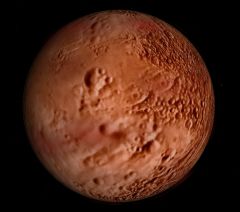Amalthea
Jump to navigation
Jump to search
 | This natural satellite related article is a stub. You can help Orbiterwiki by expanding it.
Amalthea in OrbiterAmalthea was introduced to Orbiter with the add-on jupiter_i.zip released in October 2002.
See alsoGallery
| ||||||||||||||||||||||||||||||||||||||||||||||||||||||||||||||||||||||||||||||||||||||||||||||||



